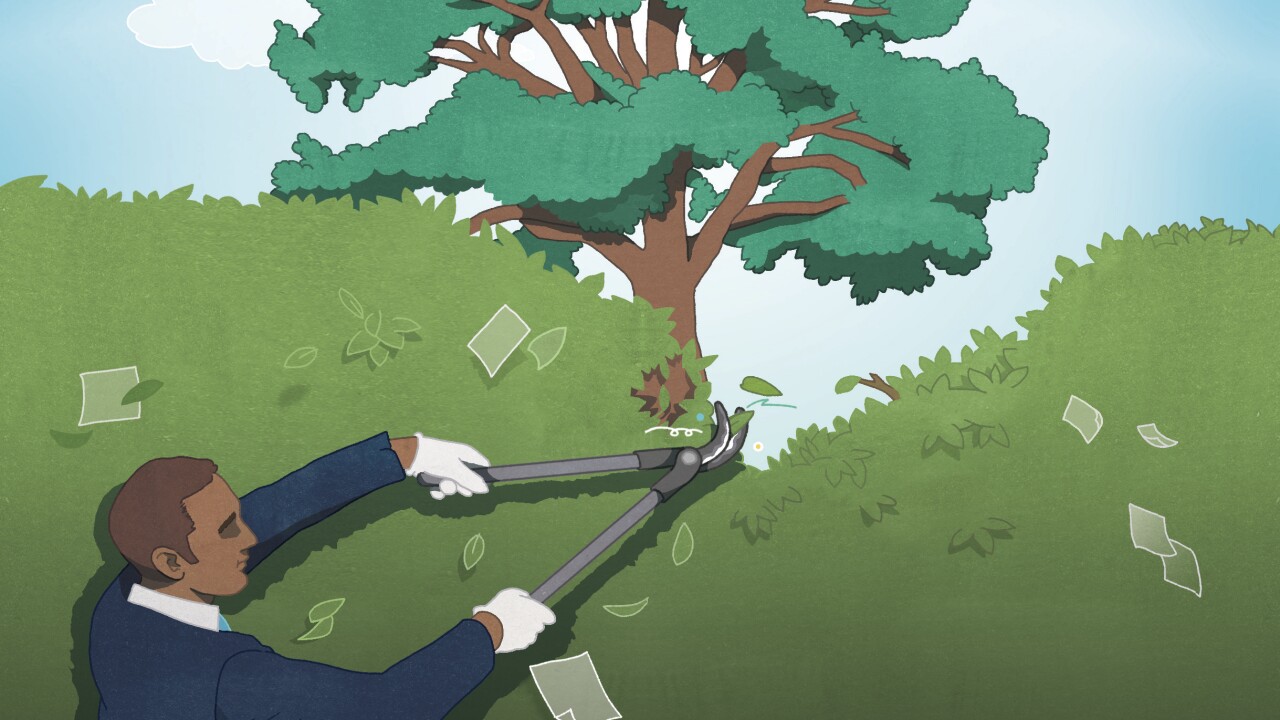I had just started to put my tax documents together in the proverbial shoebox to bring to my accountant when I received an e-mail from a friend who is with the HMRC in London, known as the HM Revenue & Customs, our IRS. He was offering some expert tips to help get any self-assessment tax return in on time. By the way, he reminded me that the deadline is January 31, already passed. I reminded him that I was not a British subject. These tips, he said, apply to company directors, share dealers, and the self-employed. See what looks vaguely familiar to you as we approach April 15. 1) Be sure you sign the return. Forgetting to sign is one of the most frequent errors on hard copies of the return and can lead to a missed deadline. (Okay, we got that covered, too) 2) Always identify anything contentious in the additional information box as it may save an enquiry into the return. (Contentious? Do the Brits mean something that’s a red flag? Then why not simply say that?) 3) If you are planning to file online, you should register immediately, as there is a delay while you are sent your user details and password. HMRC recommends registering by 22 January--so it may be too late for some already. (I put that in the same basket as the January 31 deadline. Can you imagine? The last date to register is only nine days from the last date to file and keep in mind there is a delay anyway.) 4) Remember to make an entry in box 19 if you want to receive a refund of any tax overpaid in the year. You can choose to have your refund paid directly to charity and you will then receive tax relief on your refund. If you do not claim a refund, HMRC will keep it as a credit on your account. (I beg your pardon. You’ll keep it?) 5) You must complete Capital Gains Tax pages either if the disposal proceeds exceed £35,200 in total, your taxable gains exceed £8,800 (the annual exempt amount for 2006/07), losses are being offset against gains totaling more than £8,800 (before the offset), claims or elections are being made or if a capital gains tax liability arises on your main residence. (Can you make heads or tails of this? If you need to know dollar figures, simply multiply the pounds by two; that should do it.) 6) Keep a log of all gift aid payments made in the year and anything you have ticked the gift aid box on i.e. sponsorship forms. If you are a higher rate taxpayer you will be due relief. (Ah, relief. I wonder what kind.) 7) Get hold of copies of all your income and benefits. If you are an employee you should have been sent a P60 by your employer setting out your salary and tax paid in the year and possibly a P45 if you changed jobs during the tax year. If you have any taxable benefits, like a company car, your employer should have sent you a Form P11D listing those you need to report. (And the alphabet soup continues.) 8) In calculating your tax liability, make sure that you have taken into account any outstanding tax which is being collected for a previous year through your tax code. (Now that sounds somewhat reasonable.) 9) Don't forget that you may have income on which you have a tax liability, even though the income has not yet been paid to you. This might happen, for example, if you have an interest in a trust that you have created, or where you are a beneficiary of an Estate of a deceased relative. The Executors should be able to give you this information. Income tax is payable in installments. Apart from the balancing payment for 2006/07, which is due on 31 January, you may also have to make the first interim payment for 2007/08. This will normally be based on your income tax liability for 2006/07, but you can apply to reduce the interim payment if you have good reasons for believing that the tax liability for 2007/08 will reduce from the previous year. (KISS! KISS! KISS!) 10) You may be entitled to extra relief if your employer has reimbursed you for business mileage at a lower rate than that allowed in the approved mileage allowance payment (normally 40p per mile for 2006/07). If you receive less than this, you can claim the difference as a business expense, always assuming that the business mileage was wholly, exclusively and necessarily incurred as part of your employment. (Lot of assuming here, eh?) 11) Those who have overpaid tax during 2006/07 will benefit from filing their self assessment form. This particularly appeals to those who have savings taxed at source and those who have spent time abroad. So, now what do you think of our IRS?
-
Building an advisory practice in your accounting firm means culling your client list — but that's just the start.
February 20 -
Doeren Mayhew acquired CPA firm Dent Moses and its affiliate, Impact Technology Group, expanding its presence in the Southeast and adding to its technology service offering.
February 20 -
The American Institute of CPAs is asking the Treasury and the IRS for further guidance on the rules for deducting domestic research and development expenses.
February 20 -
The Securities and Exchange Commission is making extensive changes in auditing and accounting as it continues to deregulate under the Trump administration.
February 20 -
Citing Congress' authority to levy taxes and tariffs, the Supreme Court ruled against President Trump's sweeping tariffs in a landmark 6-3 decision.
February 20 -
Plus, TaxRock announces 2.0 edition; MyCPE One launches comprehensive learning and development services; and other accounting tech news and updates.
February 20





